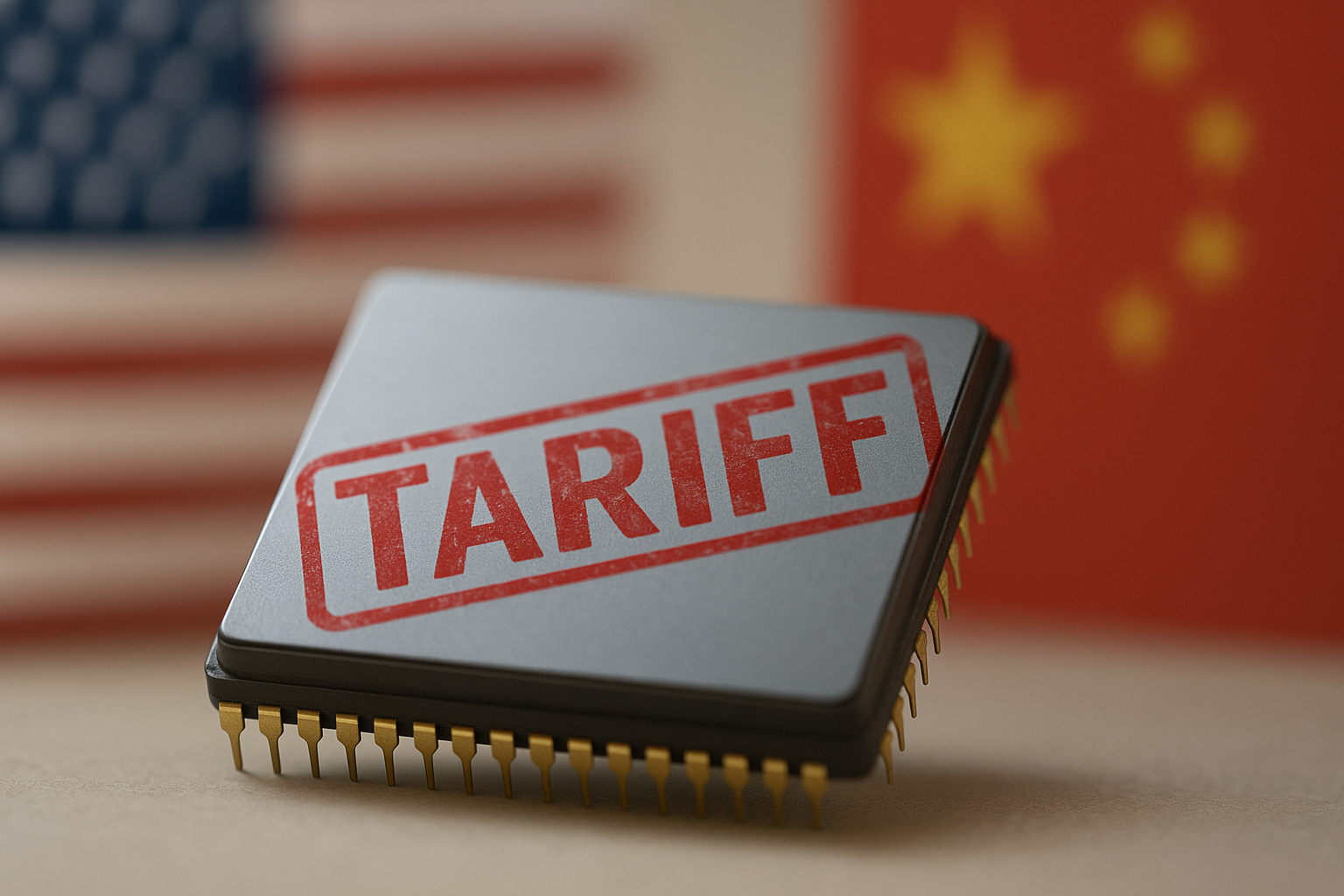The United States has never been known for subtlety in international tax matters. But the provision tucked away in the so-called "Big Beautiful Bill" – Section 899 – takes Washington's aggressive stance to an entirely new level.
I've spent most of the week on the phone with wealth managers from Toronto to Sydney. Their anxiety is palpable. And frankly, it should be.
Here's what's happening: Section 899 would give the U.S. administration power to impose an additional 5% annual tax on investments coming from countries deemed to have "discriminatory" tax policies toward American businesses. Translation? "We don't like your digital services tax" or "your minimum tax regime is getting on our nerves."
And who's in the crosshairs? Just about everyone who matters: Canada, Australia, the UK, France – basically any country implementing the OECD's ATAD Pillar 2 rules on minimum taxation. In other words, most of America's closest allies.
When Tax Policy Gets Personal
Look, what we're really seeing here is tax territoriality masquerading as reciprocity. The U.S. has long operated under what I call the "Exceptionalism Doctrine" – this notion that America deserves unfettered access to global markets while maintaining iron-grip control over its own tax base.
This worked great when America was the only game in town. But as digital commerce started blurring traditional boundaries and countries began implementing taxes to capture revenue from tech giants (mostly American companies, let's be honest), Washington started getting... twitchy.
A London-based tax partner at one of the Big Four put it perfectly when we spoke last Thursday: "It's like watching someone who's been winning at poker for decades suddenly face opponents who've learned to count cards. The reaction isn't to adapt, but to change the house rules."
I couldn't have said it better myself.
Real Money, Real Problems
This isn't just some abstract tax dispute for policy wonks. The market implications could be enormous.
Think about a Canadian pension fund with billions in U.S. equities. They're already paying a 15% withholding tax on dividends. Tack on another 5% courtesy of Section 899, and suddenly the math doesn't work anymore. For fixed income investments? Even worse.
The most likely response will be a gradual but significant shift away from U.S. assets by international investors. We might see:
- U.S. equity valuations getting hammered, especially high-dividend stocks
- Treasury yields climbing as international buyers back away
- Non-U.S. markets strengthening as capital looks for new homes
- A surge in demand for financial products that can work around the new tax
I've been covering international tax policy since 2016, and I've never seen sovereign wealth funds so quietly yet deliberately planning for a partial U.S. exit. When entities managing hundreds of billions start reviewing their allocations... well, the market will eventually feel it. Hard.
The Irony Isn't Lost on Anyone
The most fascinating aspect of Section 899 (at least to tax nerds like me) is its glaring contradiction. It aims to punish "discriminatory" tax policies by implementing... a discriminatory tax policy.
An Australian finance ministry official I spoke with – who understandably requested anonymity – couldn't hide their frustration. "We're being labeled discriminatory for trying to ensure digital businesses pay taxes where they create value, while the U.S. response is to explicitly discriminate against an entire country's investors. The cognitive dissonance is remarkable."
This paradox highlights the fundamental tension in modern tax policy. Most countries are trying to update their frameworks for a digital economy, while the U.S. clings to a system that – coincidentally, I'm sure – happens to benefit its tech giants enormously.
Section 899 isn't really a coherent policy response. It's a negotiating tactic – the fiscal equivalent of "nice international investment you've got there, shame if something happened to it."
We've Seen This Movie Before (Sort of)
If you know your financial history, this might feel vaguely familiar. The 1930s saw a similar cascade of retaliatory tax and tariff measures that, um, didn't exactly help global economic stability. More recently, the U.S. FATCA regulations sent shockwaves through the international financial system by forcing global compliance with U.S. tax reporting requirements.
The difference now? Today's financial system is infinitely more integrated, algorithmic, and capable of rapid reallocation. Market responses will come faster and hit harder than historical examples would suggest.
(And yes, having studied those historical examples closely, that's not a comforting thought.)
Playing Tax Chicken on a Global Scale
What we're witnessing is effectively a multi-player game of tax chicken. The U.S. is betting that the Section 899 threat will force other countries to abandon or modify their digital services taxes. Those countries, meanwhile, are calculating whether collective resistance might make the U.S. reconsider.
For investors, this creates a classic decision theory problem – do you reallocate now based on proposed legislation, potentially missing returns if it fails, or maintain positions and risk getting hammered if it passes?
The smart money seems to be taking a middle path – maintaining U.S. exposures while developing contingency plans. One Swiss private bank has already created what they're calling "Section 899 resilient portfolios" for wealthy clients. Others will follow, trust me.
A Toronto-based fund manager summed it up perfectly: "We're not pulling the ejection handle yet, but we've definitely unbuckled the safety belt and located the emergency exits."
That feels about right. After all, the most dangerous words in both investing and international taxation remain: "This time it's different."




